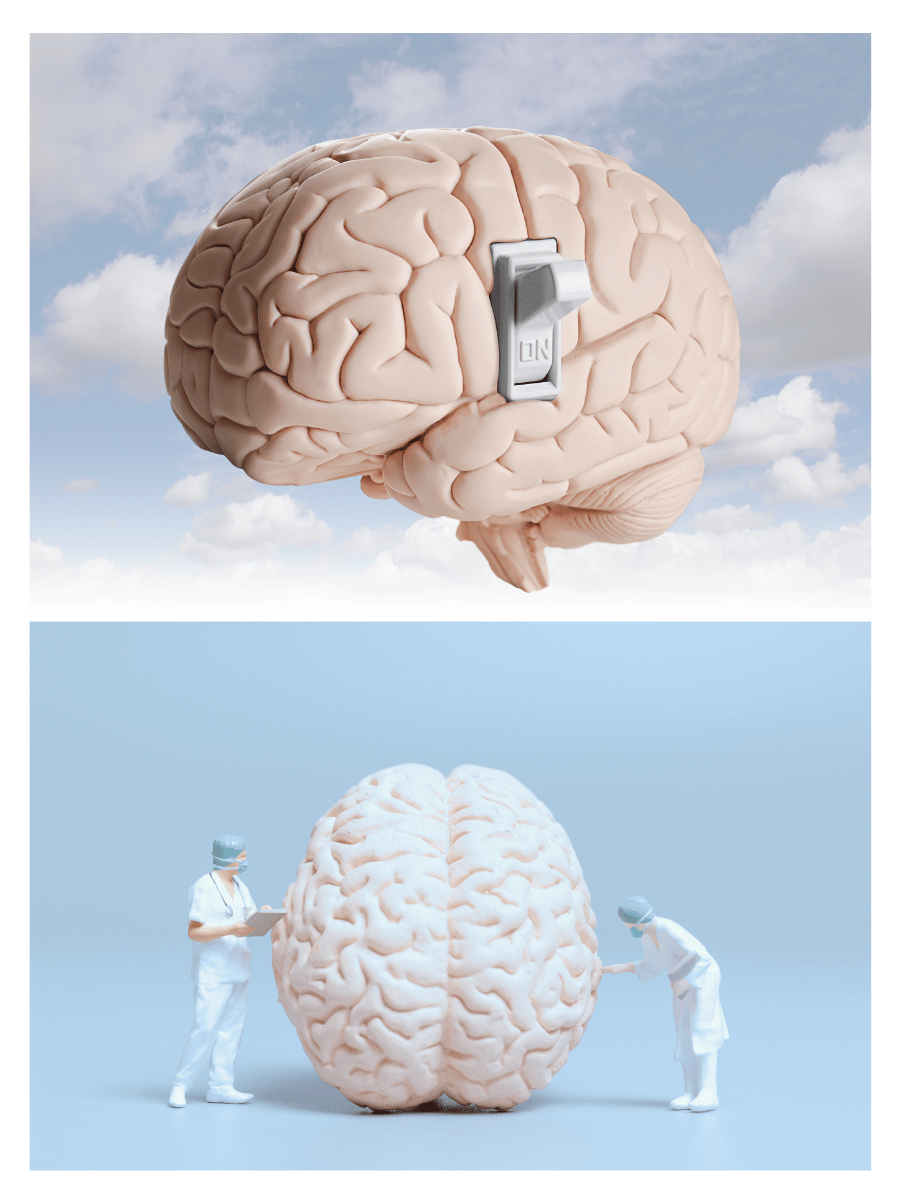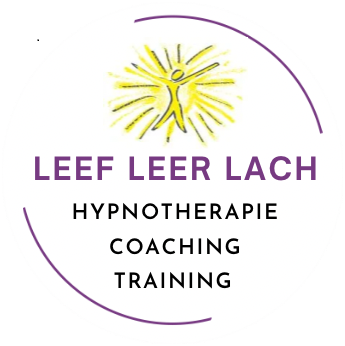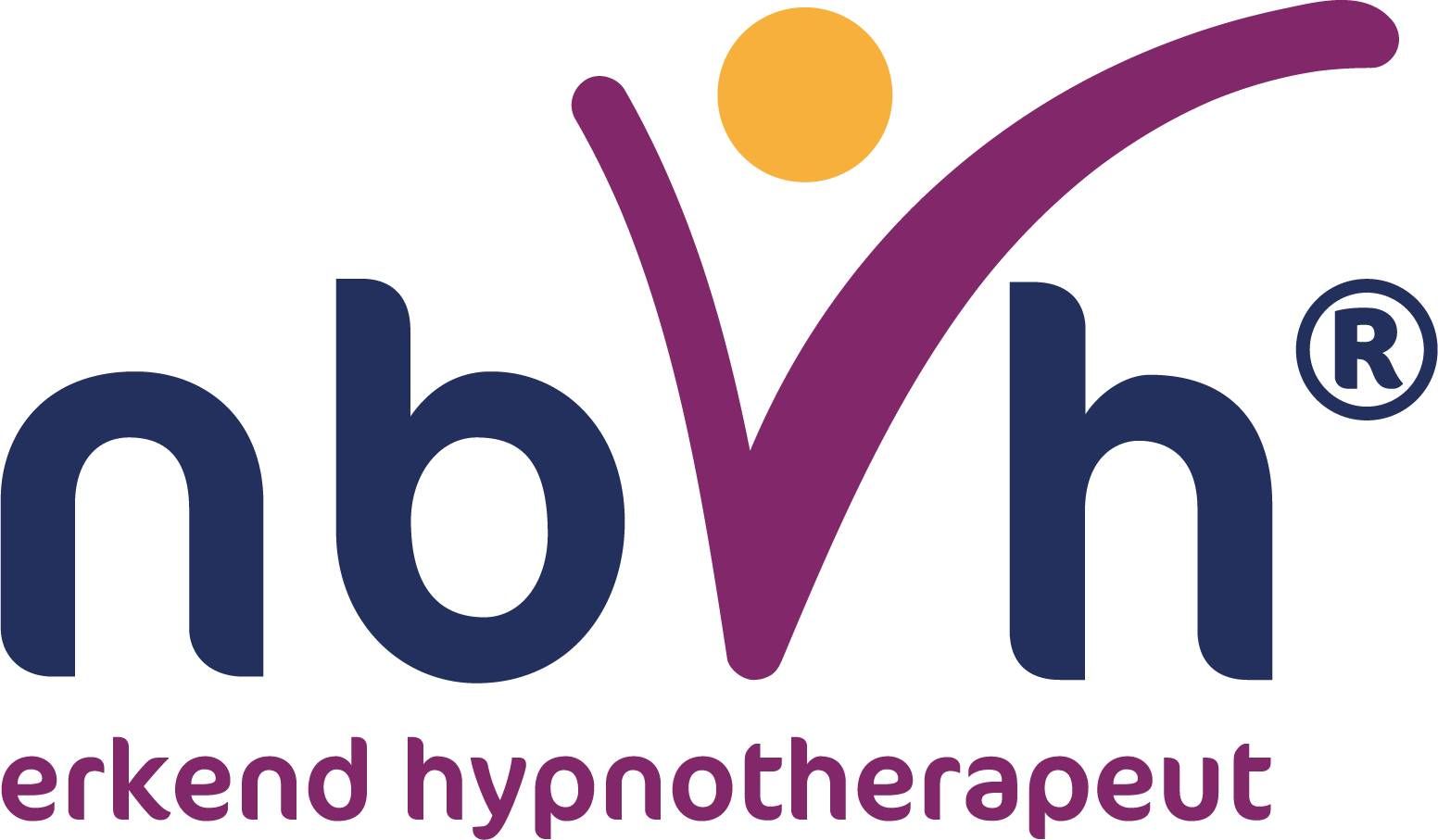Physical pain & pain management
Pain
There are various ways to address pain through hypnotherapy. For some people pain displacement works better and for others dissociation works very well and for others…. You already understand, it is custom work. Of course, hypnotherapy is not a replacement for medical treatment, but it is often a good addition. Pain is a signal, a warning. And pain certainly has its use as a warning signal. Pain is an indicator and has a signaling and protective function against the occurrence or worsening of injury. Pain can be both physical and emotional. Pain can help you learn to listen to yourself and pain can also have a message.
Bottom line: Pain is useful!
Pain and the brain
The brain is very important in pain. You do not feel pain as long as the brain does not assess that there is danger, even if there is damage in muscles, joints, nerves or other tissues of the body. On the other hand, you may feel pain even though there is no damage.
A metaphor of pain in the brain
According to Butler and L. Moseley, our brain can be compared to a symphony orchestra. A well-trained orchestra can play many different melodies. If the collaboration is good, the instruments are not heard separately. Everything a person does, such as thinking, cycling, playing football, can be compared to the melodies that the orchestra plays. Pain is one of these melodies. A good orchestra can practice new melodies, but if it plays the same ones over and over again, it becomes a rut (chronic). This allows the orchestra to play on autopilot. Feeling chronic pain and constantly dealing with it, such as fighting the pain, gives the pain melody the upper hand. Creativity disappears and playing other melodies becomes more difficult. The orchestra becomes exhausted and understaffing occurs.
The premise of the orchestra model is that factors such as fear, unpleasant memories and damaged tissues can be part of the pain experience. The model shows that processes in the brain manifest themselves physically. Thoughts, ideas, fears and emotions are considered nerve impulses that have electrochemical effects in the brain. Pain requires strategies to influence the virtual body in the brain without activating a pain neural network.
In other words, one must know how to make the orchestra play without the pain melody.
An example
A teenager came to me with her father because she had been suffering from chronic back pain for four years caused by a fall while playing sports. After more than four years of consultations in hospital and rehabilitation center, a second opinion was requested from child neurology in Nijmegen. She was in constant pain and when tired the pain became unbearable, which meant that school or doing fun things was almost impossible. The child neurologist recommended hypnotherapy and an intake interview was planned.
After an extensive intake interview, treatment follows. The trauma (the fall), the fright and the impact on the body ensured that even though the body (muscles) had already healed, the brain could not yet experience this. So it continued to send pain signals.
Techniques we have worked with include pain displacement, pain reduction and kinesthetic part work. After the treatment, the pain had dropped from level 7 to level 2. And with the suggestion that time and habituation would solve the rest, the teenager and father were very happy. She can go back to school and picks up things again.
Fortunately, we were able to achieve results very quickly with this client. The referral from the pediatric neurologist has helped to steer the brain in the right direction.
Staff
Reduce or eliminate pain in your brain. How?
- Simply by giving it a kiss and sticking a plaster or giving it an ice cream.
- Or by applying an NLP technique in which you change the sensation and/or the frame. Read more in my blog Auch!! Kiss and make it better.
- Or by going to a (hypno)therapist, who can help you reduce pain and/or teach you how to reduce your pain yourself. On a mental level you can learn to ignore pain. You then no longer 'feel' the pain.
If it is a pain echo (caused in the past by, for example, a trauma that took on a life of its own after healing), this is of course also very useful. And with chronic pain, it is also useful to learn how to manage the pain yourself, how to shift your focus or distance yourself from the pain. As an expert, I know how effective this can be. Hypnosis is a powerful tool in this regard.
By the way, cursing and laughing also helps.














